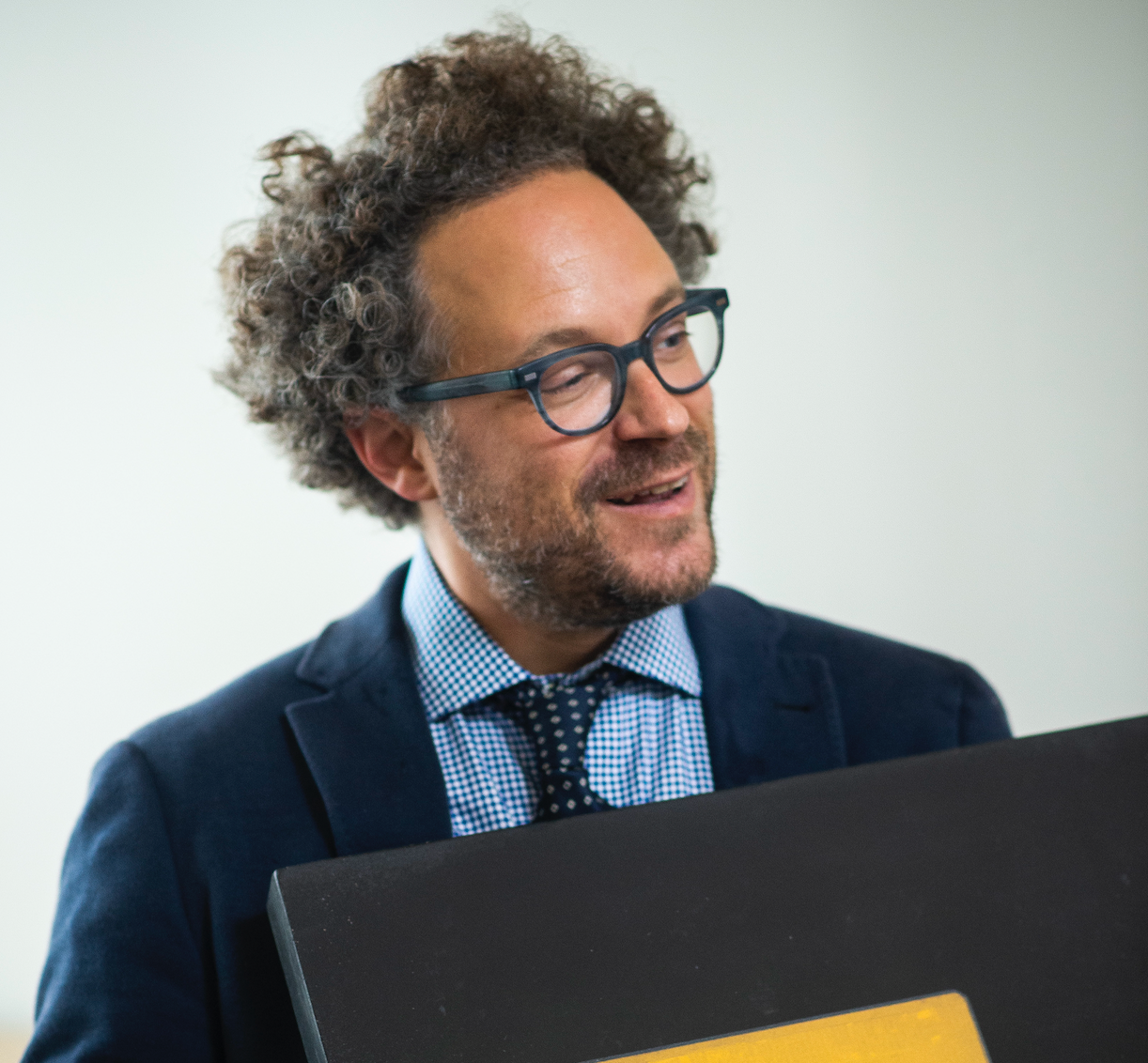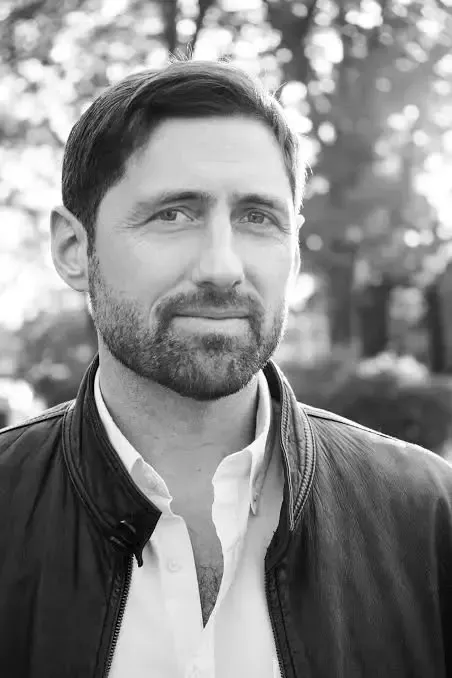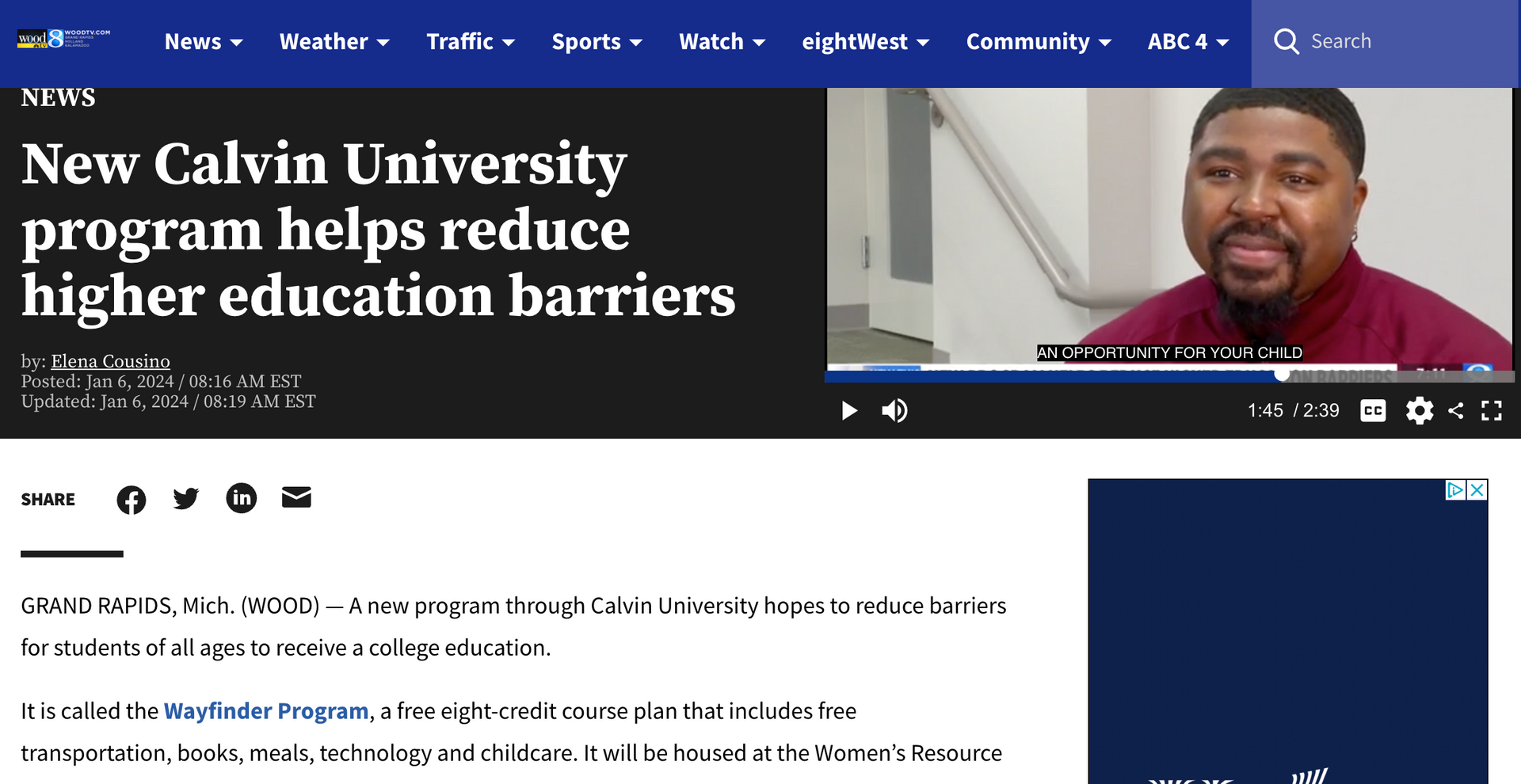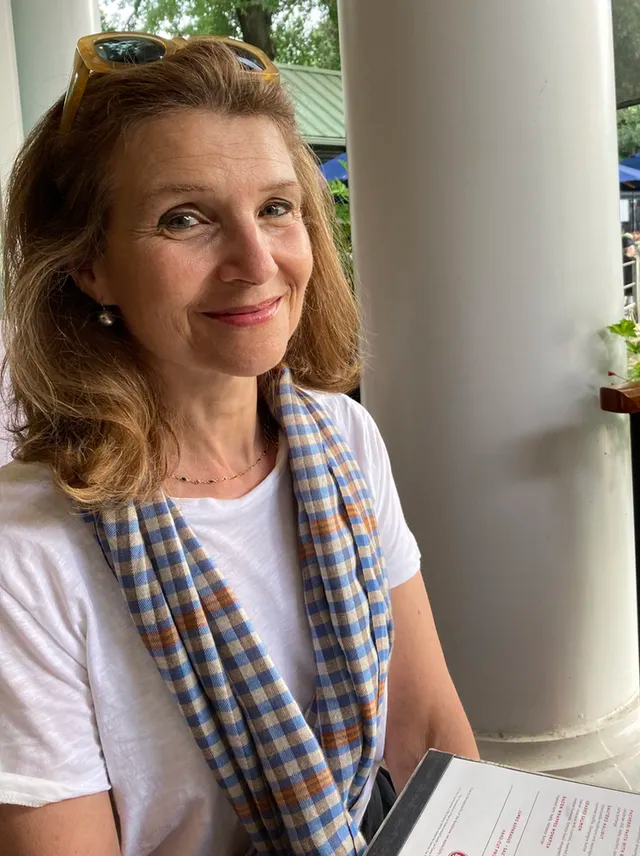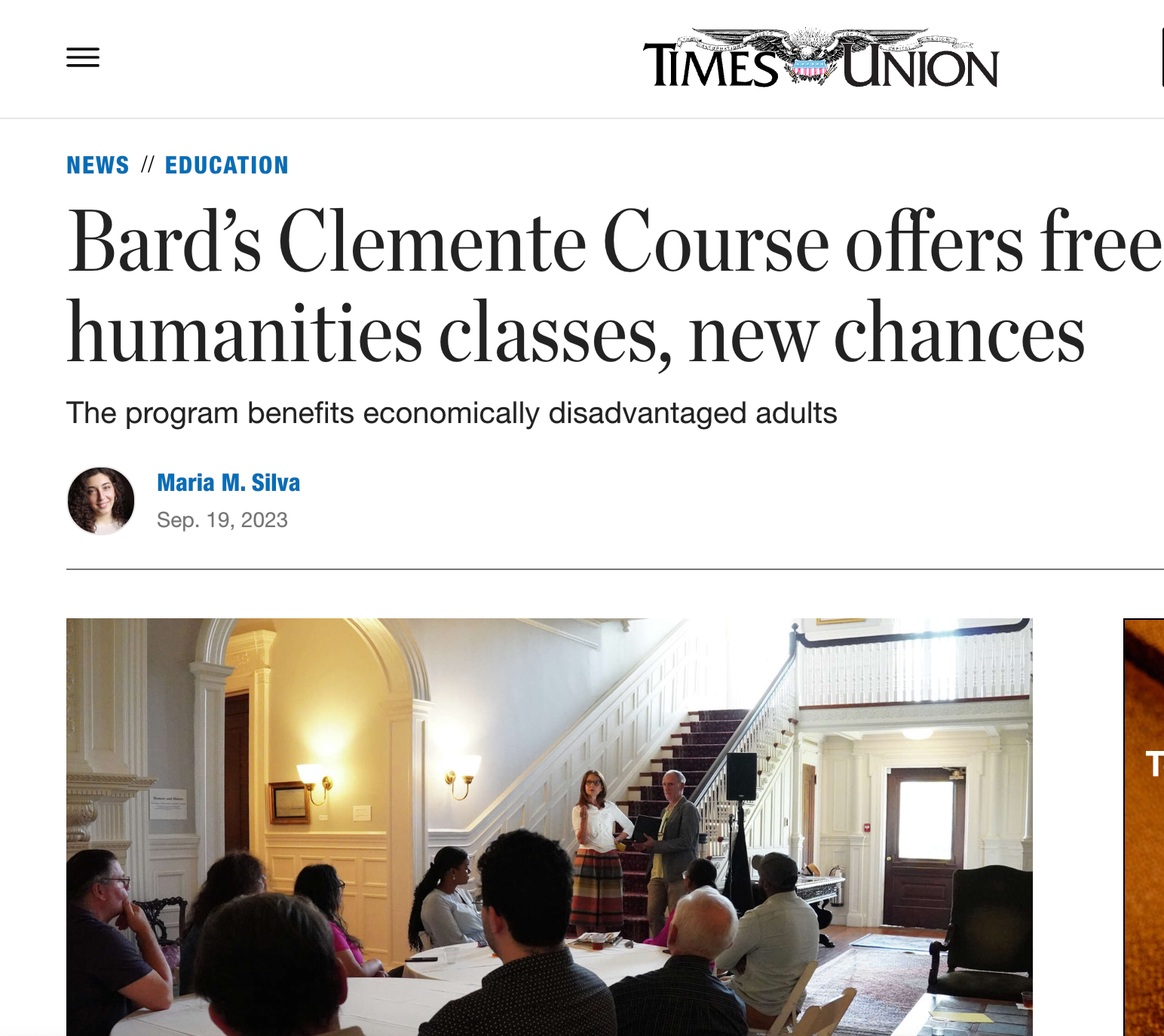The World Premiere of a Very Clemente Story
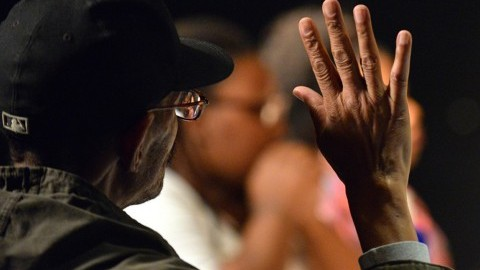
Kafi Dixon and Carl Chandler are the true-life lead characters in a new documentary film inspired by the Clemente Course in the Humanities and premiering at a national film festival.
Kafi had worked as a gravedigger, fishmonger, and bus driver, and sought to create an urban farm for working class women of color. Carl was a community elder living in one of Boston’s most challenged neighborhoods who would describe himself as poor, but not impoverished. Both chose to enroll in a Clemente Course, where they joined others in studying the classics and great literature. And both found inspiration to move forward in their lives by learning from the great minds of the past.
That is the Clemente promise—and it is the genesis of a the film , A Reckoning in Boston , which premieres at the prestigious , Big Sky Documentary Film Festival later this month.
Kafi and Carl represent the thousands of Clemente graduates in cities around the country who have acquired the skills to advocate more effectively for themselves, create better futures and contribute to their communities by lifting up others through civic engagement. Their Clemente experience has given them a voice in a national conversation about racism, social justice, and how to bring about lasting change.
Ten years ago, filmmaker James Rutenbeck set out to document how engagement with the humanities in a rigorous classroom setting could change futures for underserved populations. “The idea of transformation through an immersion in art, literature, and history was something I thought could be cinematic and compelling,” he said.
What he didn’t expect was that Clemente would change him as well, as he came to understand his own complicity as a white man in the racial inequities that shaped his city. As he spends time with Kafi and Carl in the making of the film, he becomes more aware of the violence, racism and gentrification that threaten their lives and futures.
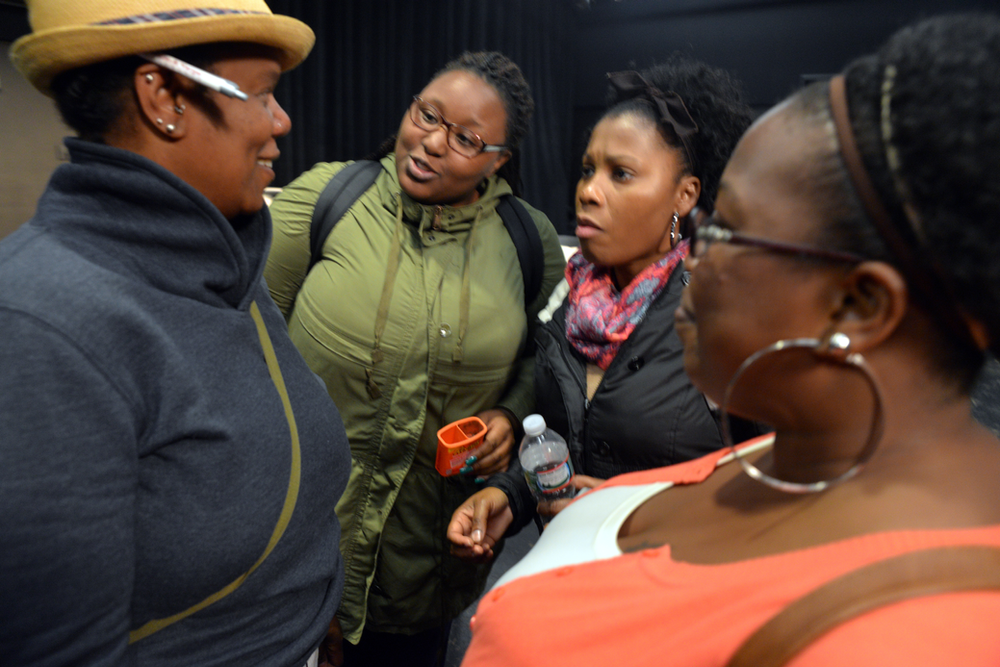
Reckoning shines a light on Boston, but it’s relevant for cities across the country, where unjust systems often hinder individuals who seek to build better lives for themselves and their families . Documenting the transformative process of self-discovery, for the characters and the director, offers insight for a nation struggling to understand what systemic racism is and how to confront it. It also offers a glimpse of how the Clemente Course can catalyze meaningful change in lives and communities.
“I hope viewers will question their assumptions about the capacity, intelligence, or life experience of people they meet--a bus driver, service worker, or subway passenger sitting across from them,” says Rutenbeck. “Carl is often viewed as a street person; Kafi drove a bus for years. The filmmaking, like the Clemente Course, allowed them both to express their deep feelings and reveal their intellect to the wider world.”
A Reckoning in Boston will be available for screening February 21-24 through the Big Sky Documentary Film Festival. After its premiere, the film is also being made available for community showings throughout the nation.
